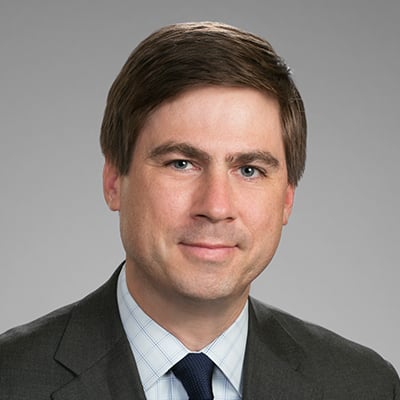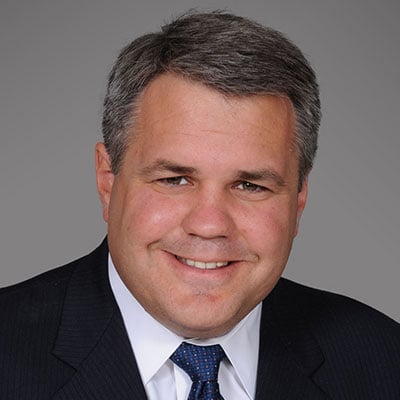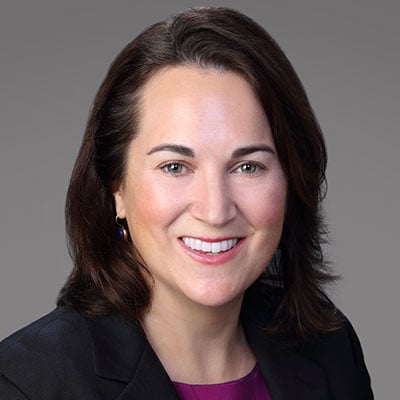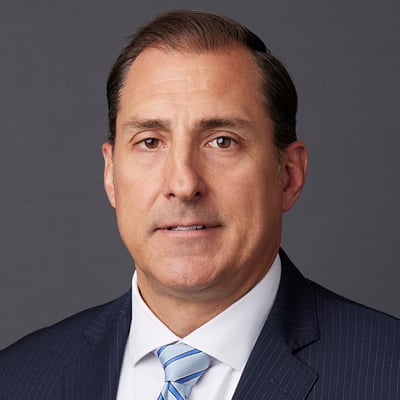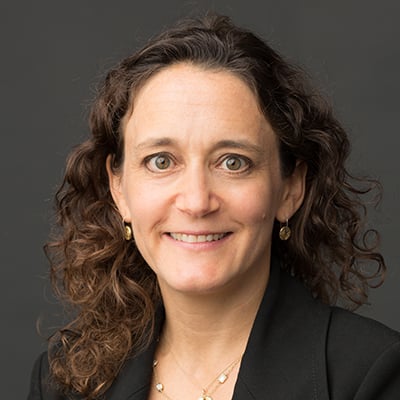DOJ and HHS Announce New Working Group to Combat Healthcare Fraud
On July 2, 2025, the Department of Justice (DOJ) and the Department of Health and Human Services (HHS) announced the formation of the DOJ-HHS False Claims Act Working Group (Working Group). The formation of the Working Group reflects that the False Claims Act (FCA) will continue to be an important enforcement priority for the government to combat and deter healthcare fraud. In 2024 alone, DOJ secured over $2.9 billion in settlements and judgments in FCA enforcement actions.
In their announcement, DOJ and HHS stated that the Working Group will prioritize FCA investigations, encourage cross-agency collaboration and utilize data analytical tools to identify new healthcare fraud leads. Deputy Assistant Attorney General (DAAG) Brenna Jenny — who will co-lead the Working Group — emphasized that the Working Group will not only continue to screen and review qui tam complaints but also pursue its own cases by using advanced data mining and analysis to detect patterns of fraud, waste and abuse.1 DAAG Jenny stated that the Working Group would assess “early whether novel legal theories are viable and supported by [DOJ and HHS] leadership.”2 These comments indicate that DOJ and HHS will focus investigative efforts on the most readily provable and meritorious complaints, which is consistent with DOJ’s Criminal Division policy to prosecute the “most serious, readily provable offense.”3
In addition to priority FCA matters identified by the Assistant Attorney General of the Civil Division in June of 2025,4 the Working Group identified six other priority areas for FCA enforcement:
- Medicare Advantage;
- Drug, device or biologics pricing, including arrangements for discounts, rebates, service fees, and formulary placement and price reporting;
- Barriers to patient access to care, including violations of network adequacy requirements;
- Putative kickbacks related to drugs, medical devices, durable medical equipment and other products paid for by federal healthcare programs;
- Materially defective medical devices that impact patient safety; and
- Manipulation of electronic health records systems to drive inappropriate utilization of Medicare-covered products and services.
As part of its announcement, the Working Group encouraged whistleblowers to report violations of the FCA in the priority enforcement areas and further encouraged healthcare companies to continue to identify, disclose and cooperate with the government in the resolution of FCA violations.
It remains to be seen whether the Working Group streamlines the investigative process and leads to increased predictability in enforcement, though it does provide some additional insight into how DOJ and HHS will be making FCA enforcement decisions and who will be making them. What it does make clear, however, is that FCA enforcement in the healthcare space is a consistent priority, no matter the administration.
Kirkland will continue to monitor any updates to the Working Group.
1. American Health Law Association, Annual Meeting (July 2, 2025). ↩
2. Id. ↩
3. Attorney General Memorandum, General Policy Regarding Charging, Plea Negotiations, and Sentencing (Feb. 5, 2025); U.S. Department of Justice, Justice Manual § 9-27.430 (updated June 2023). ↩
4. DOJ Civil Division Issues Enforcement Priorities Memorandum (June 13, 2025) ↩

